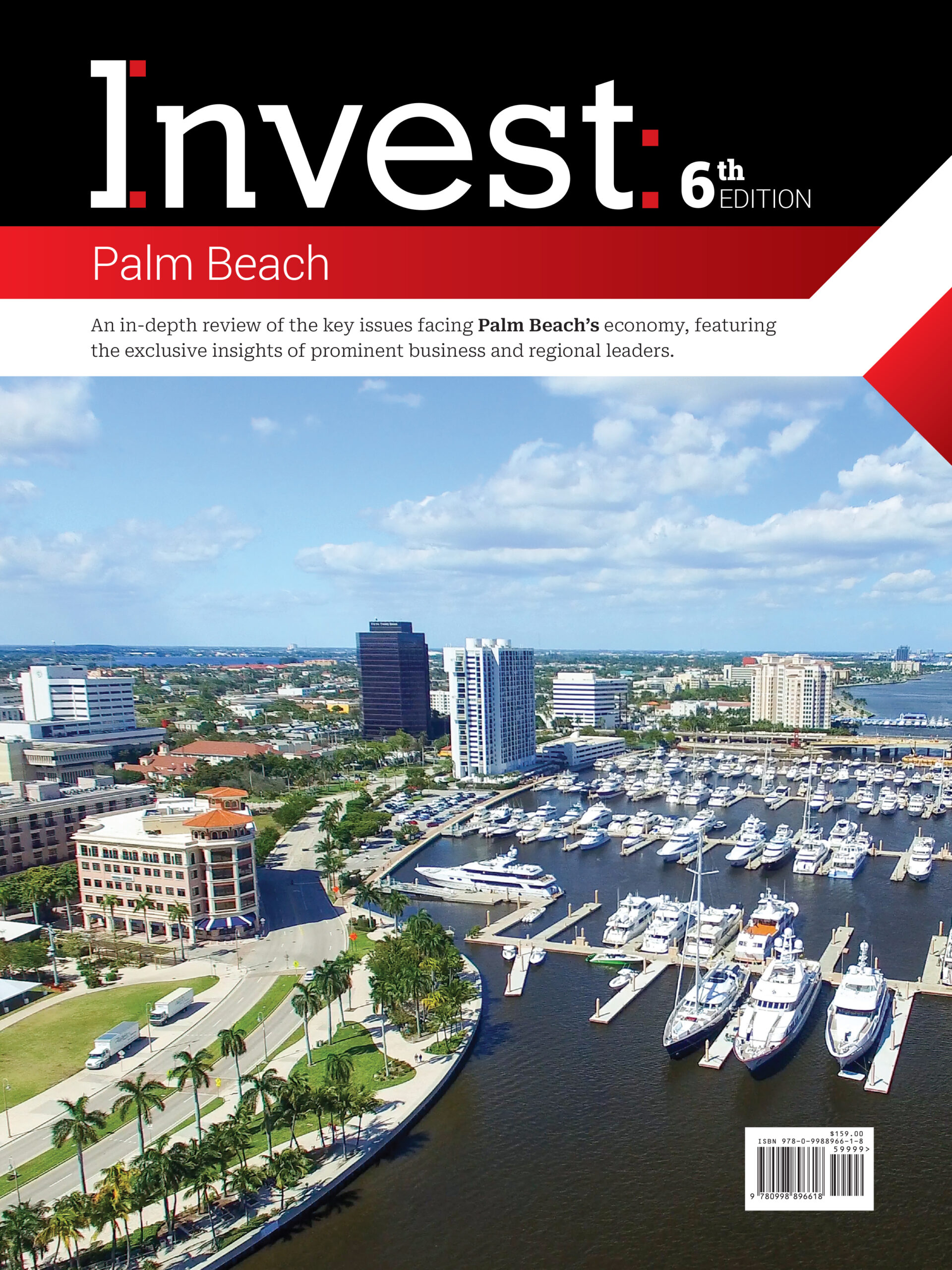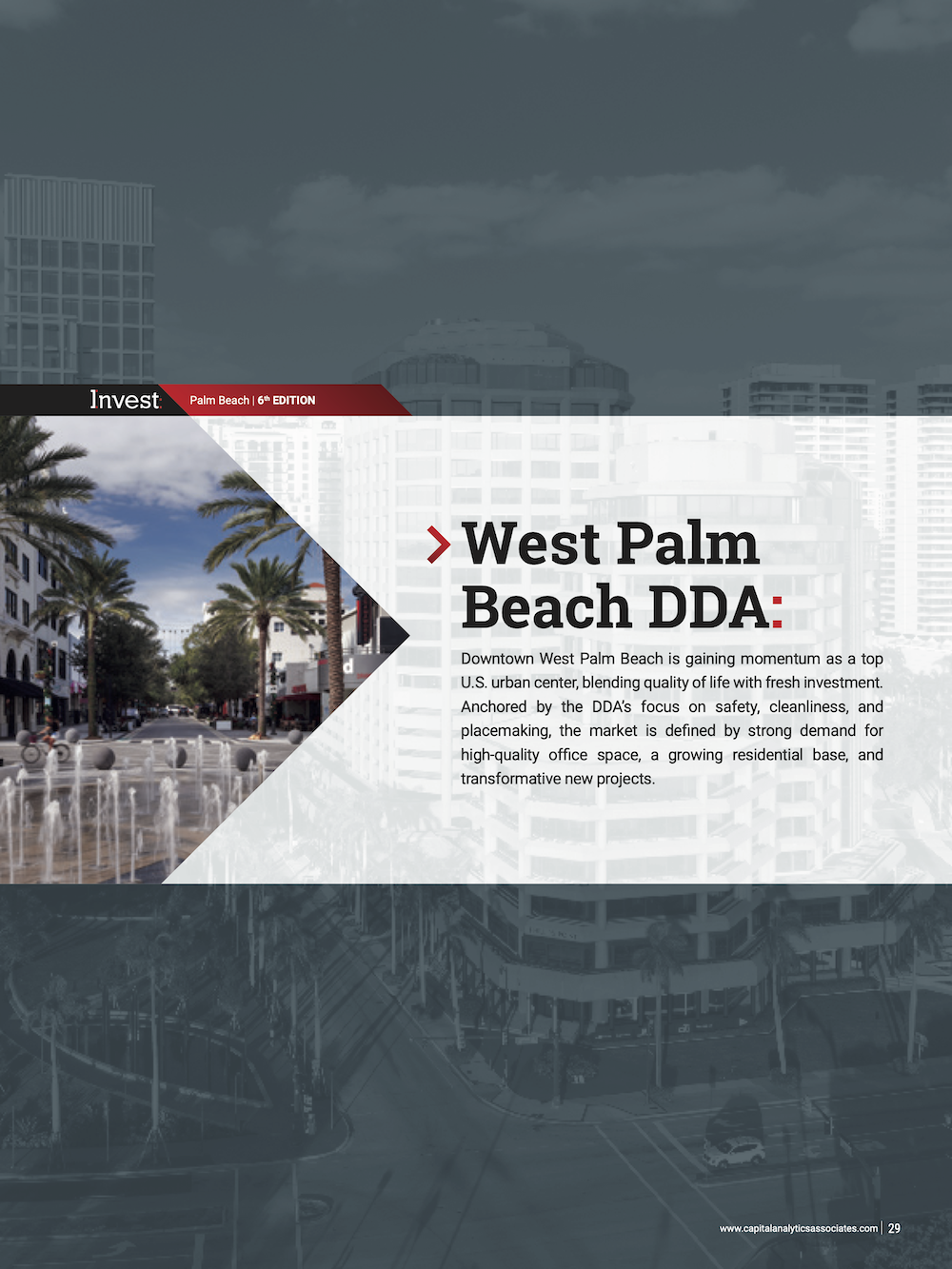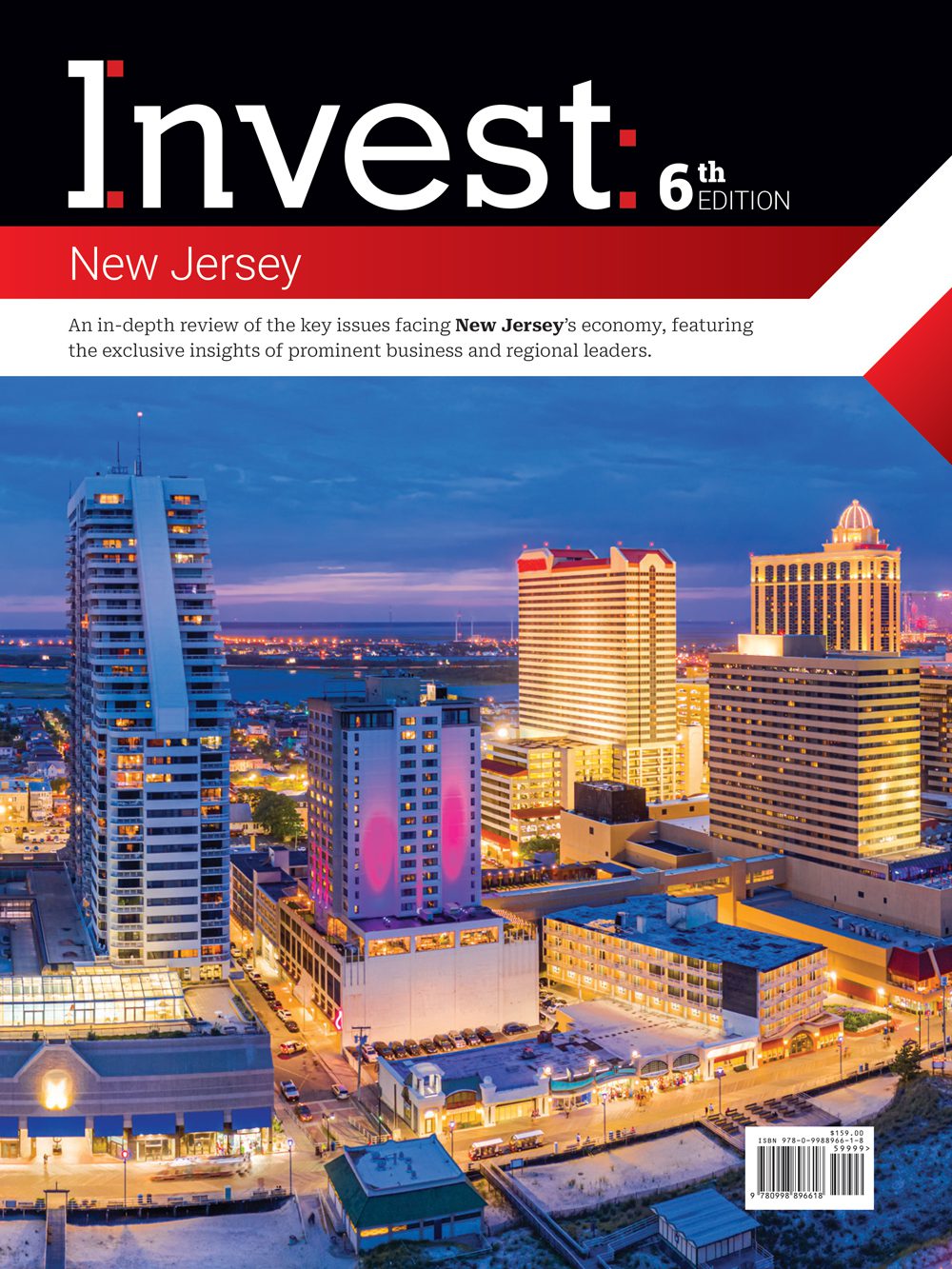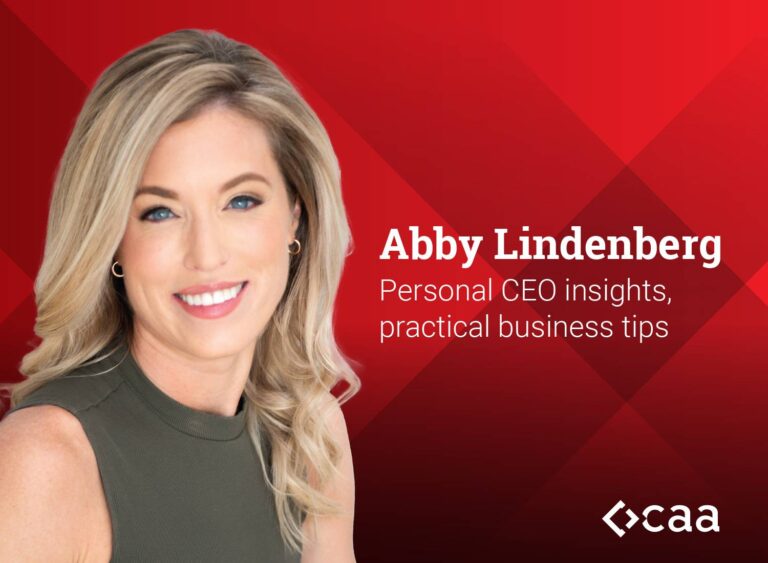Spotlight On: Tim Pratt, CEO, Copper Builders
 October 2024 – In an interview with Invest:, Tim Pratt, CEO of Copper Builders, talked about how the multifamily and the build-for-rent residential real estate sectors are merging, which has shifted equity toward the latter sector and created new opportunities to provide housing. He also highlighted how the company aims to become the largest builder in the Carolinas by implementing all its divisions in all the markets where it is present.
October 2024 – In an interview with Invest:, Tim Pratt, CEO of Copper Builders, talked about how the multifamily and the build-for-rent residential real estate sectors are merging, which has shifted equity toward the latter sector and created new opportunities to provide housing. He also highlighted how the company aims to become the largest builder in the Carolinas by implementing all its divisions in all the markets where it is present.
What are the most important contributions of Copper Builders to the real estate sector in Greater Charlotte?
We have been predominantly a residential homebuilder since our inception in 2013 as well as a retail builder from 2013 to 2020. We focus on finding property, building houses, and selling them to the public. Prior to the COVID-19 pandemic, in 2020, we asked ourselves how we were going to expand without taking on more debt and leverage, as that can be a challenge for a small, local business trying to grow.
We decided to split the company into three businesses to hit different market segments in residential homebuilding. We were doing communities, which entailed building out entire neighborhoods, developing the land, building the houses, and selling to the public. We also started a full custom division focused on design build. The third division is a build-for-rent residential model where we build entire neighborhoods as rental portfolios for various equity partners and investors from outside of Charlotte. The latter division has grown into our largest segment both in Charlotte and in the Carolinas.
What are the most important milestones that Copper Builders reached in the past 12 months?
Last year, we started a multifamily company that can provide vertical construction on traditional multifamily apartment complexes. We were asked to provide multifamily construction during the build-for-rent process over the past three to four years. The multifamily and residential universes are merging because of the build-for-rent space, so many of those projects have a traditional multifamily component as well as a townhome component. That new company has rounded out our construction capabilities.
The other big highlight is that we have grown beyond Charlotte and Raleigh and into Wilmington and Asheville in North Carolina and Greenville in South Carolina.
What segments of Copper Builder’s service portfolio will be the key drivers of growth for the company in the Carolinas?
With more than 100 people moving to Charlotte per day, the housing needs in Charlotte are multifaceted. We are in a blessed situation. Whether it is people moving in after college who need a place to rent or somebody relocating here who wants to build a custom home, we fit into many different segments. The four segments that we serve are quite nice and play well against each other depending on the market conditions.
For instance, the build-for-rent space has provided a place where we can come in and build at production level, which offers a more consistent cash flow. That is great for our business and the markets it serves. As we look to the next year, we have a stable foundation for our build-for-rent space that will offer stability to our business. Additionally, the higher price point in the sale market has remained strong, and we are also focused heavily on that.
What are the most important trends shaping the residential and commercial real estate sectors in Charlotte?
Housing is an interesting market. On the one hand, affordability is a major concern for us and for the industry. Nevertheless, we also lack the capacity and lots to build out the number of homes that are needed. That factor is stifling the availability and affordability of homes in Charlotte. Additionally, interest rates and their impact on the debt market have constricted the availability of homes for people.
Hitting all the segments that we hit is important for Copper Builders because each one has housing needs that fluctuate. While it is harder to get projects done as debt markets affect us just as much as other people, the build-for-rent and multifamily markets have been strong for the past year-and-a-half. In 2020 and 2021, there were not many groups servicing that space. We were smart to get in front of that sector and refine it. As those sectors merge, a lot of equity that was being invested in multifamily projects has shifted slightly to the build-for-rent space. Both sectors fall under the same umbrella, but build-for-rent is a different asset class with distinct exit strategies compared to multifamily projects. That offers a bit more safety in those investments.
What are the most important challenges that the real estate industry faces and how is Copper Builders navigating them?
The Unified Development Ordinance (UDO) that was implemented in Charlotte last June has been a wrench in the wheel for real estate. We are not playing the same sport that we played a year ago, and the gray zone between what we can and cannot do is what the industry does not like. While there was a lot of good within the UDO, I do not think that it has done what it was implemented to do. The impact that those changes would have on both the industry and homebuyers was not fully understood.
Nevertheless, the UDO has flipped the industry on its head. In the last year, we have been on a major learning curve, and everyone in the industry is now figuring out the right paths. As with any other company, we want to have all the information to try to predict what will happen. Those changes have thrown a curveball at us as we try to plan new projects and identify new areas to build.
What is the strategy of Copper Builders to expand into new markets and increase its revenue?
Becoming the largest private builder in the Carolinas is our 2032 goal. We are operating our four companies in Charlotte, and our growth strategy is implementing all of them in the five high-growth markets where we are present. We aim to expand within those markets with all our platforms.
Our company is set up like a wheel. We have our shared services centralized in Charlotte and Raleigh as a back office that handles the accounting, financing, marketing, sales, and other operations that we need to run a business. We are bolting new companies on top of that wheel so that the growth strain is not as impactful as if we were starting a new company and layering in those folks.
How does Copper Builders leverage technology and innovation to deliver solid construction and development services?
Our technology implementation has changed as we have expanded. Our growth has been exponential. We went from five employees five years ago to slightly under 70 currently. We are implementing a lot of technology internally that is oriented to web safety to protect ourselves and our clients. AI is also an interesting technology for the marketing, customer service, and human resources sides. It has started to play a bigger role in how we communicate.
There are some systems that are taking communication with the client to the next level. We use a system that interacts with clients and can provide them with updates, show schedules, and help them understand the financing behind the projects. We aim to bolster and upgrade that system so that it works in real time and is free-flowing instead of us having to provide backup information.
What are the key differentiators that set Copper Builders apart from other developers and builders in Charlotte?
First and foremost, it is our people. We pride ourselves in hiring the best people in the industry who take joy in what they do, are passionate about the industry, and feel a level of responsibility toward the client. We do not want to just be known as a general contractor, as that term has an undertone of general contractors just bidding the will of clients. Instead, we aim to be a fully engaged, responsible party as having that connectivity and collaboration with our clients is important.
Our industry as many others has become extremely transactional, so we aim to flip it on its head. We want to show that it is OK to enjoy being at work, engaging and collaborating with people instead of just transacting with individuals. That approach makes us different.
For more information, please visit:












